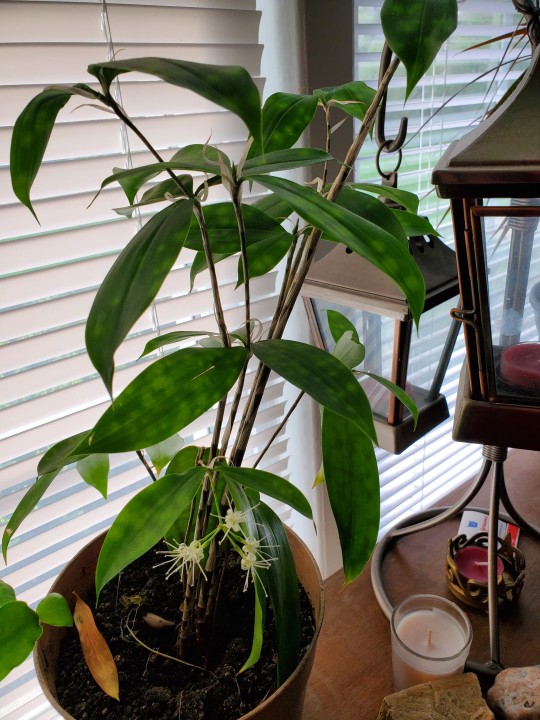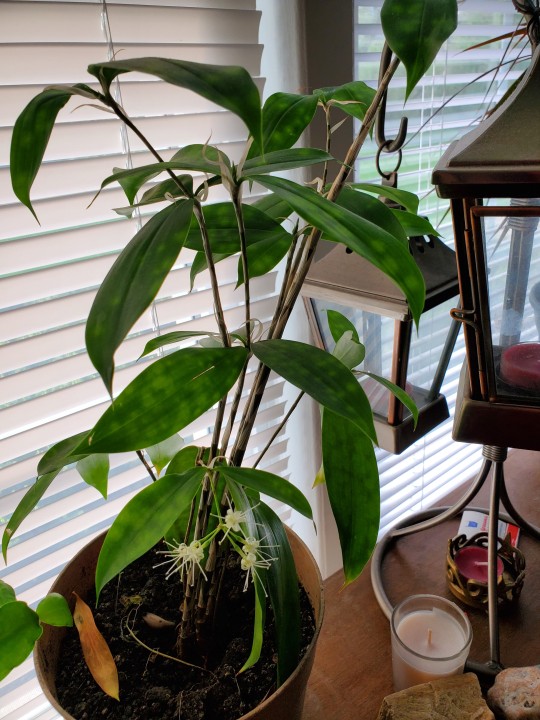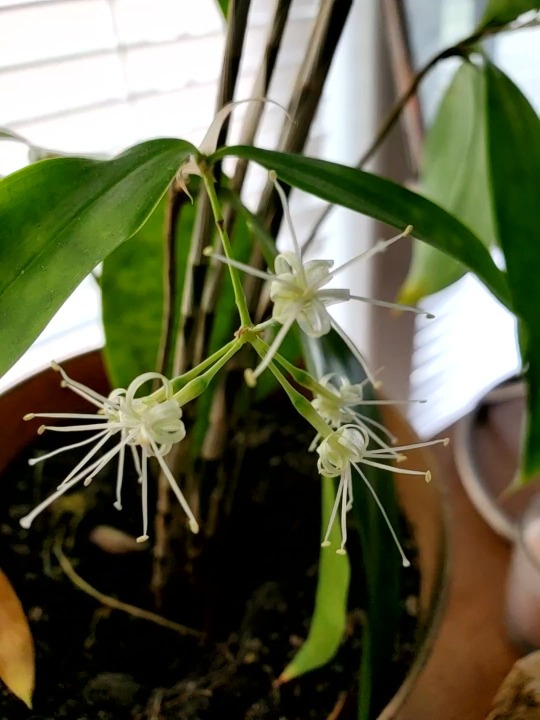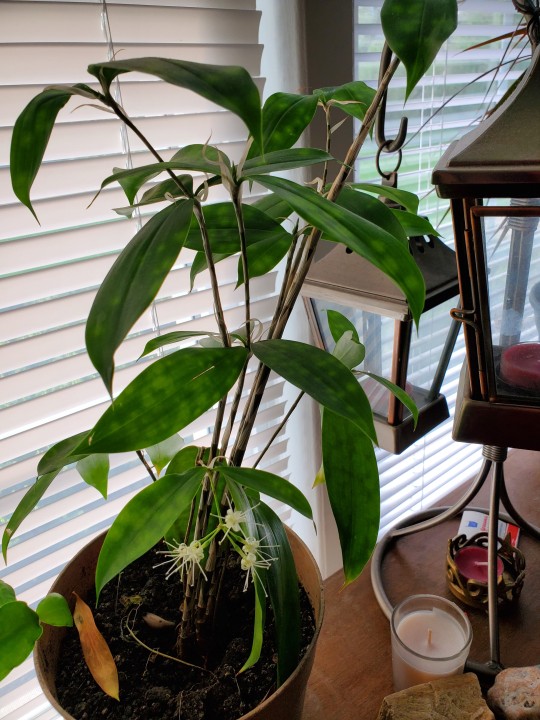Text
Fandom Scale
The following is the most recent version of the Likert items used to measure external and internal fandom behaviors. This scale was developed from the following sources for use by the Politics, Religion, and Fandom Research Group (https://twitter.com/PoliReliFandom):
Chadborn, D., Edwards, P., & Reysen, S. (2017). Displaying fan identity to make friends. Intensities: The Journal of Cult Media,…
View On WordPress
#external fan behaviors#fan activities#fan attitudes#fan behaviors#fan studies#Fandom#fans#fanship#internal fan behaviors#measuring fandom#scale
1 note
·
View note
Text
Overlapping Political, Religious, and Fandom Attitudes
This blog post represents an initial reporting on the results of first wave of studies done for this project:
This initial report was given at the Fan Studies Network – North America 2023 conference; the poster for which can be found at: https://prezi.com/p/edit/szivhpzzf9b_/
You can follow this blog or our research group’s Twitter account for more updates:…
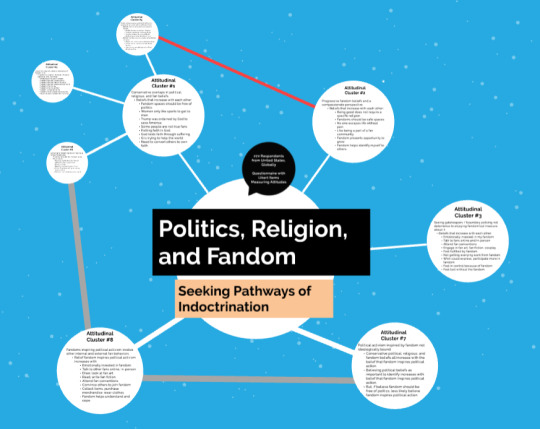
View On WordPress
0 notes
Text
Fandom as Attitude
Applying Fan Studies Beyond Popular Culture
I wrote this essay for a book proposal that was rejected. I plan to continue to expand this idea, but I wanted to share what I wrote in case it will help others.
While increasingly common in everyday conversations, people utilize the term “fandom” for different purposes. One understanding of fandom is used to describe a community organized around an…

View On WordPress
#attitudes#beliefs#bliefs#conspiracy theory#fan studies#Fandom#fandom as attitude#fannish behaviors#fans#object of affection#politics#popular culture#popular culture studies#Psychology#Qanon#QAnon as fandom#rationalization#religion#Sense-making
1 note
·
View note
Text
On Kayfabe, Reality, and Truth
Presented April 12, 2023, to Mercy College.
What do true crime, paranormal studies, and professional wrestling all have in common?
Likely many things, but I what I want to focus on is something that I have been contemplating for over 20 years now.
All exemplify the co-construction of reality as people make sense of the physical through their individual and collective interpretations.
The…

View On WordPress
#co-construction#dialogue#fans#kayfabe#objectivity#paranormal investigations#power#Professional Wrestling#Reality#social communication#social media#subjectivity#true crime#truth
1 note
·
View note
Text
Overlapping Fandom, Political, and Religious Attitudes
My name is CarrieLynn D. Reinhard, Ph.D. and I am a Professor of Communication Arts and Sciences at Dominican University. I am conducting a research project as part of a larger study on the overlaps between fandoms, politics, and religions. I am requesting your voluntary participation in my study surveying people’s political and religious beliefs along with their fandoms and fan…
View On WordPress
5 notes
·
View notes
Text
Marriage Around the World
Marriage Around the World
An undergraduate paper from my cultural psychology class — how much have times changed in the two decades since?
In 1999, Davila et al. examined the changes in attachment which are thought to occur in American married couples after the “newlywed phase.” They tested several theories to see how attachment style can change as people move from relationships with their peers to ones with romantic…
View On WordPress
1 note
·
View note
Text
Only academics car about disciplines, and, even they, they shouldn't care as much as they so.
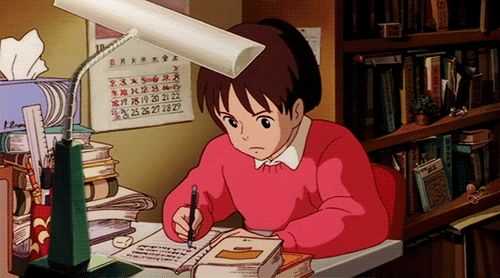
0 notes
Text
Study Idea
I'm thinking of developing a large-scale study that would involve touring rural communities in the United States that have some form of independent professional wrestling promotion to understand how they make sense of professional wrestling, the fandom, and their community's relationship to the global community.
The idea would be an ethnography of observations and interviews to understand their specific popular cultures as a foundation for common ground, dialogue, and cultural exchange.
Professional wrestling would provide a contextual framework for such work to understand their connections between hyperlocal pro-wrestling cultures with multinational promotions and transnational cultures.
Any thoughts?
1 note
·
View note
Text
Immature vs Mature Fandoms
I met with one of my Fans and Fan Communities students yesterday to talk about her research project on Taylor Swift and Swifties. The student is interested in what leads Swifities to remain or leave the fandom given all the changes in Swift's discography, as well as more recently her political activism.
One thing we discussed is how a fandom can grow and change over time just like people do. I've been thinking about the developmental trajectory of a fandom as related to identity formation, so here are some ideas to that end.
Fandoms can start like children, where we become emotionally attached to something we love. Then, over time, as we learn that others are fans of the same thing, we may develop the affirmational and/or transformational aspects of our fandom as we negotiate how others are emotionally attached to the same thing. It's almost like when children have siblings, and there's the process of working out how to share the love of parents. Well, fans who engage with other fans need to work out how sharing the fandom will impact them -- and perhaps attachment anxieties play a role here...
Additionally, as fandom becomes more integrated into one's identity and sense of self -- especially in relationship to other fans, non-fans, and anti-fans -- then the fans may act out and jockey to curry their love's and fan community's attention and favors. Perhaps those most insecure about their relationship with the fandom may be more likely to act out in such adolescent frustration, anxiety, and rebellion.
If not handled well, this adolescence can result in long-term issues with the fandom -- the idea of "falling in with the wrong crowd" as it were that begets the worst types of online trolls and other forms of anonymous harassers.
If not handled well, when that fandom is confronted with information that challenges it -- say, oh, that Joss Whedon is an asshole -- then a fandom stuck in an immature adolescence could become extremely defensive and toxic, preferring to only be around other fans experiencing the same pain and not learning how to renegotiate their relationship with the fandom.
A mature fandom emerges through such renegotiation in recognition of the pain the fandom may be causing oneself and others. A mature fandom accepts differences of interpretation and opinion, new additions to that which they love, and conflicts of belief and cognitive dissonance rationally.
A mature fandom can lead to a lifelong fandom. An immature fandom may sputter and die faster, hurting people from its toxicity.
#fandom#fandom problems#fans#fan communities#fractured fandom#identity#fandom culture#fan studies#popular culture studies
2 notes
·
View notes
Text
Cult Theme Park
We have theme parks geared around blockbusters and children’s media -- from Disney World to Knott’s Berry Farm.
What we need is a theme park just for adults that focuses on cult and exploitation media.
Now that’d be wild!
1 note
·
View note
Text
I haven't used Tumblr regularly because Twitter was my go-to, but I cannot financially support Elon Musk, so this is my new SNS home.
1 note
·
View note
Text
A Manifesto for 21st Century Higher Education
A Manifesto for 21st Century Higher Education
Looking over alum surveys for my school, thinking about what the future of higher education is, and am finding that both undergraduate (UG) and graduate (G) alums seem to want the same types of knowledges and skills, just in more and more specific contexts that aid their careers.
I did a quick and dirty content analysis of the open-ended responses about what knowledges and skills the alums…

View On WordPress
#careers#college#communication#community college#experiential learning#higher education#liberal arts and sciences#literacies#skills#technical school#trade school#university
1 note
·
View note
Text
Investigation into the Mass Media: Then and Then Again
Investigation into the Mass Media: Then and Then Again
I love finding old papers I wrote. They help me understand where I came from and show the process of becoming a scholar — or whatever I want to call myself these days. I think we need more established scholars sharing these types of reflections on their processes, so finding old papers is a way to show that we all start somewhere and that we shouldn’t be ashamed of it.
Mainly what I learned here…
View On WordPress
#Communication Studies#John Doolittle#Journal of Broadcasting#Karl J. Nestvold#media research#media studies#Michael Kuan Tsai#Paul H. Wagner#philosophy#Radio Journalism#Richard M. Mall#Rolf B. Meyersohn
1 note
·
View note

